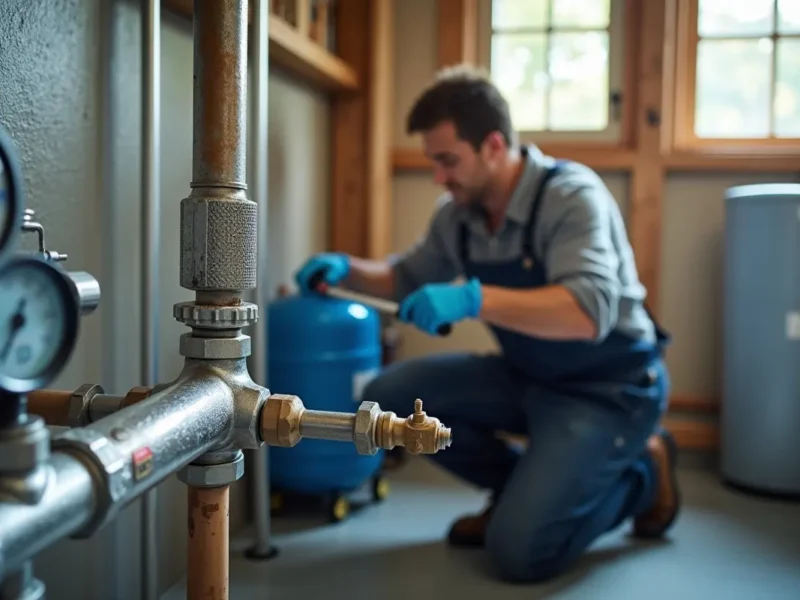Clean water is a fundamental resource crucial for sustaining life, and as the global population grows, the demand for efficient water treatment technologies intensifies. Recent innovations have propelled the field forward, addressing challenges related to pollution, scarcity, and aging infrastructure. These groundbreaking advancements not only enhance water quality but also contribute to sustainable resource management.
Contents
Nanotechnology Revolutionizing Filtration
Nanotechnology has emerged as a game-changer in water treatment, allowing for precision filtration at the molecular level. Nano-sized materials, such as graphene oxide membranes, exhibit exceptional filtration capabilities, removing contaminants with unprecedented efficiency. This innovation not only ensures safer water but also minimizes the environmental impact of traditional filtration methods. As nanotechnology continues to advance, you can anticipate even more efficient and sustainable filtration solutions that address evolving water quality challenges across the globe.
As nanotechnology continues to advance, you can anticipate even more efficient and sustainable filtration solutions that address evolving water quality challenges across the globe. The ongoing progress in nanomaterial research promises breakthroughs in filter design, enabling more precise removal of contaminants. This evolution holds the potential to revolutionize water treatment, providing not only increased efficiency but also environmentally conscious solutions.
Pumping Solutions for Enhanced Efficiency
Efficient water circulation is pivotal in treatment processes, and advancements in pump technology play a crucial role. Summit pumps, known for their durability and effectiveness, contribute significantly to maintaining this delicate balance.
Their design emphasizes reliability, a cornerstone in the demanding environment of water treatment facilities. Regular wear and tear are inevitable in any mechanical system, and pumps are no exception. That’s why summit pump parts repair, a vital aspect of pump maintenance, ensures longevity and reliability in water treatment plants. These repairs, addressing wear and tear, contribute to sustained pump performance, optimizing the overall efficiency of water treatment systems.
Energy-Efficient Desalination Processes
Desalination provides a viable solution to water scarcity, especially in arid regions. Recent strides in energy-efficient desalination technologies, such as forward osmosis and solar desalination, are reducing the environmental footprint of this process. These innovations make desalination a more sustainable option, vital for addressing the growing global water crisis.
As you explore alternative energy sources and improve desalination techniques, the vision of cost-effective, large-scale desalination plants powered by renewable energy draws nearer, promising increased accessibility to freshwater resources.
Smart Sensors for Real-time Monitoring
The integration of smart sensors in water treatment systems has ushered in a new era of real-time monitoring and data analytics. These sensors, equipped with advanced communication technologies, enable continuous assessment of water quality parameters.
By providing instant feedback, they empower operators to respond swiftly to fluctuations, ensuring a proactive approach to water treatment management. The future holds the promise of even smarter sensor networks, with artificial intelligence algorithms enhancing predictive capabilities, further refining people’s ability to anticipate and mitigate potential water quality issues.
Harnessing Solar Power for Water Purification
Solar-powered water purification is gaining momentum as a cost-effective and sustainable alternative. Innovations like solar stills and solar-assisted distillation systems utilize the sun’s energy to drive water purification processes. These technologies not only reduce reliance on conventional energy sources but also make water treatment more accessible in off-grid and remote areas. As solar technologies become more efficient and affordable, decentralized solar water purification solutions have the potential to transform access to clean water, particularly in regions with limited infrastructure.



